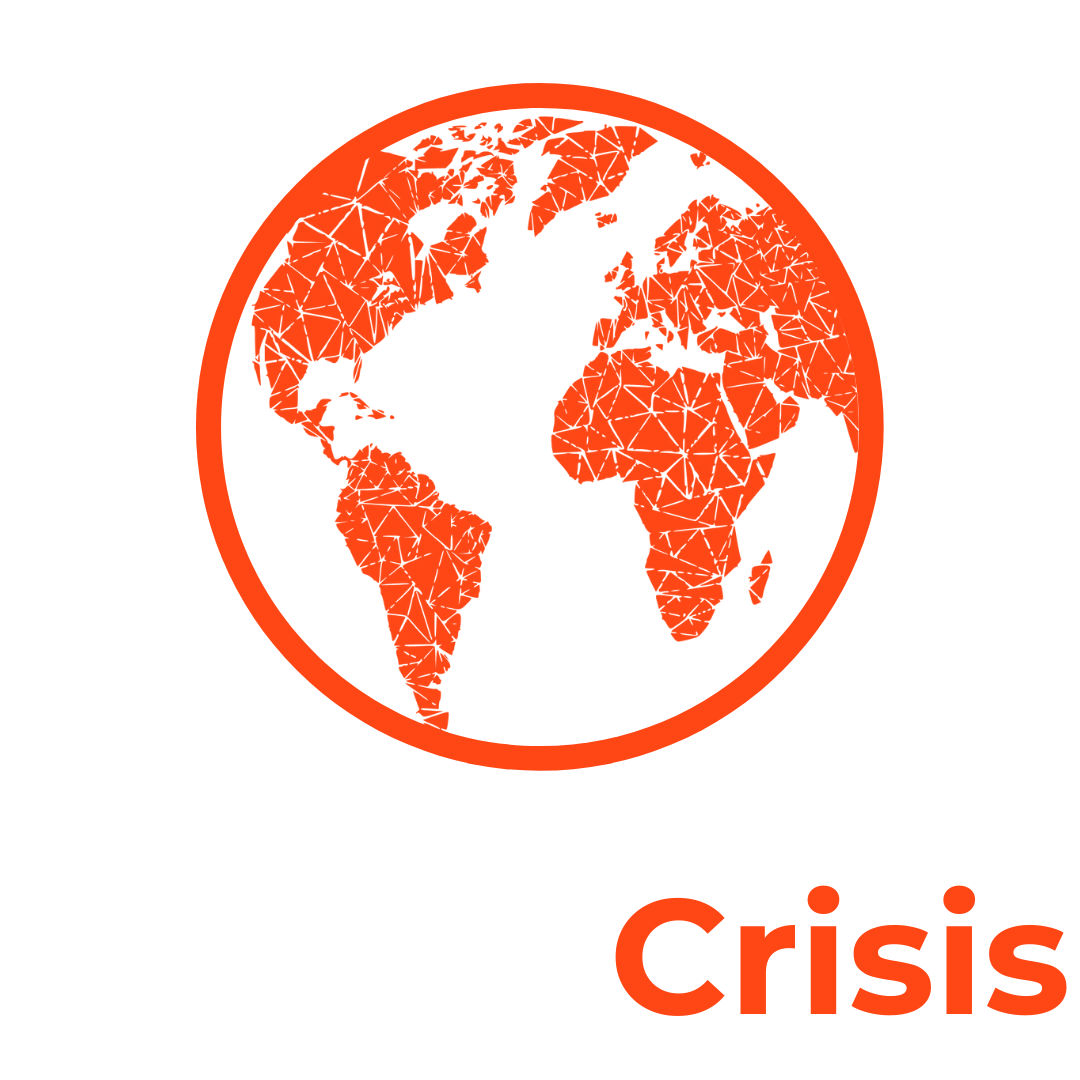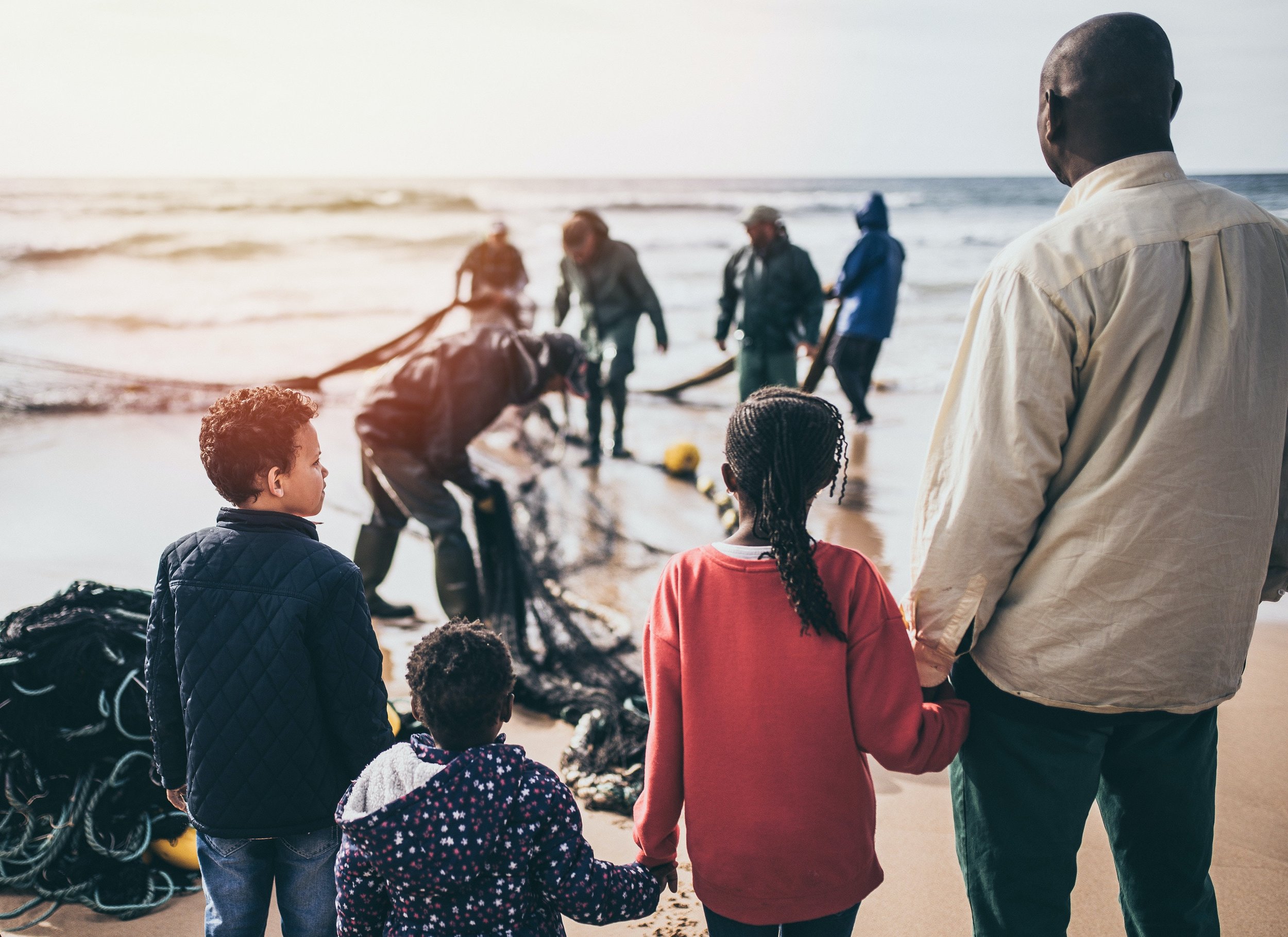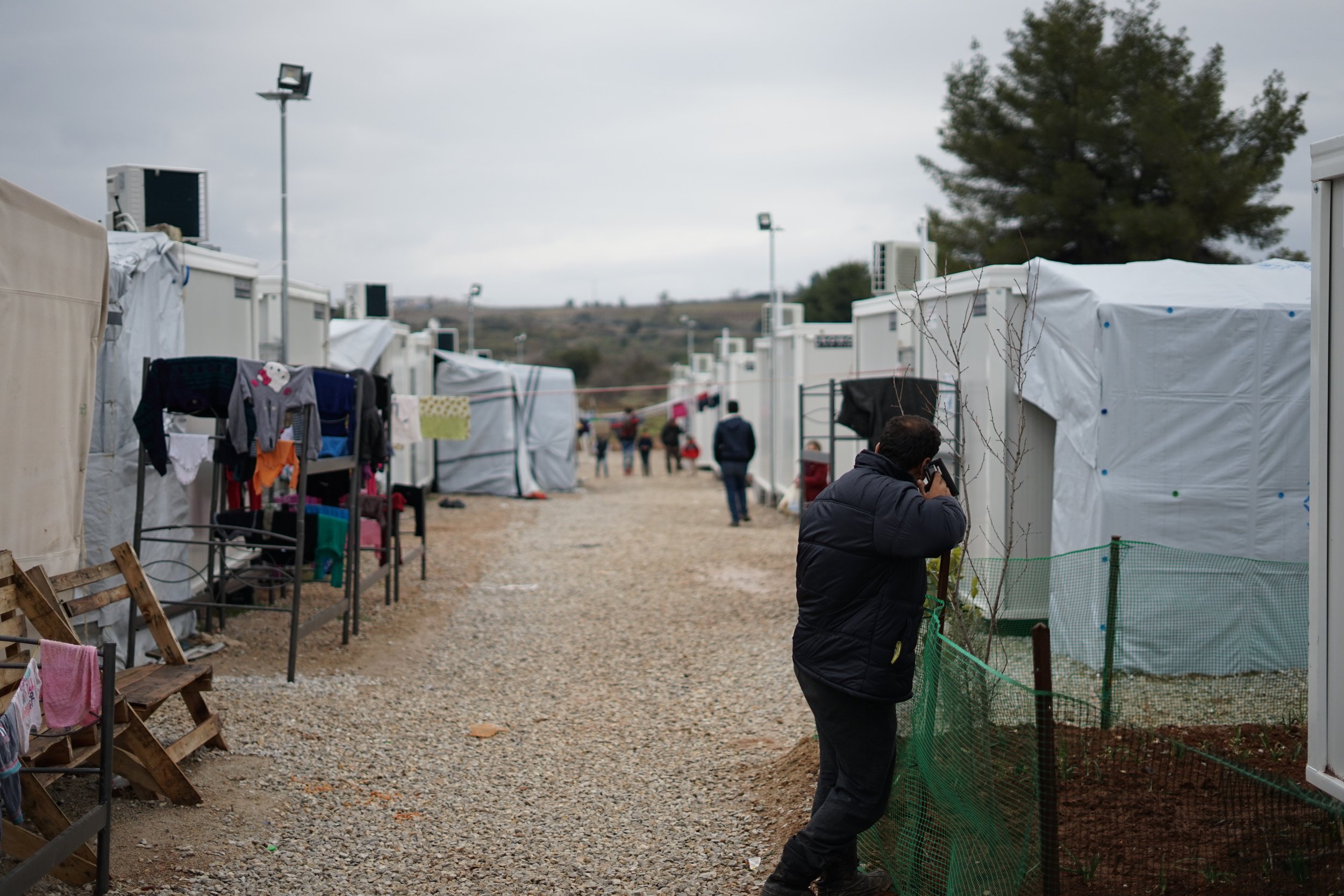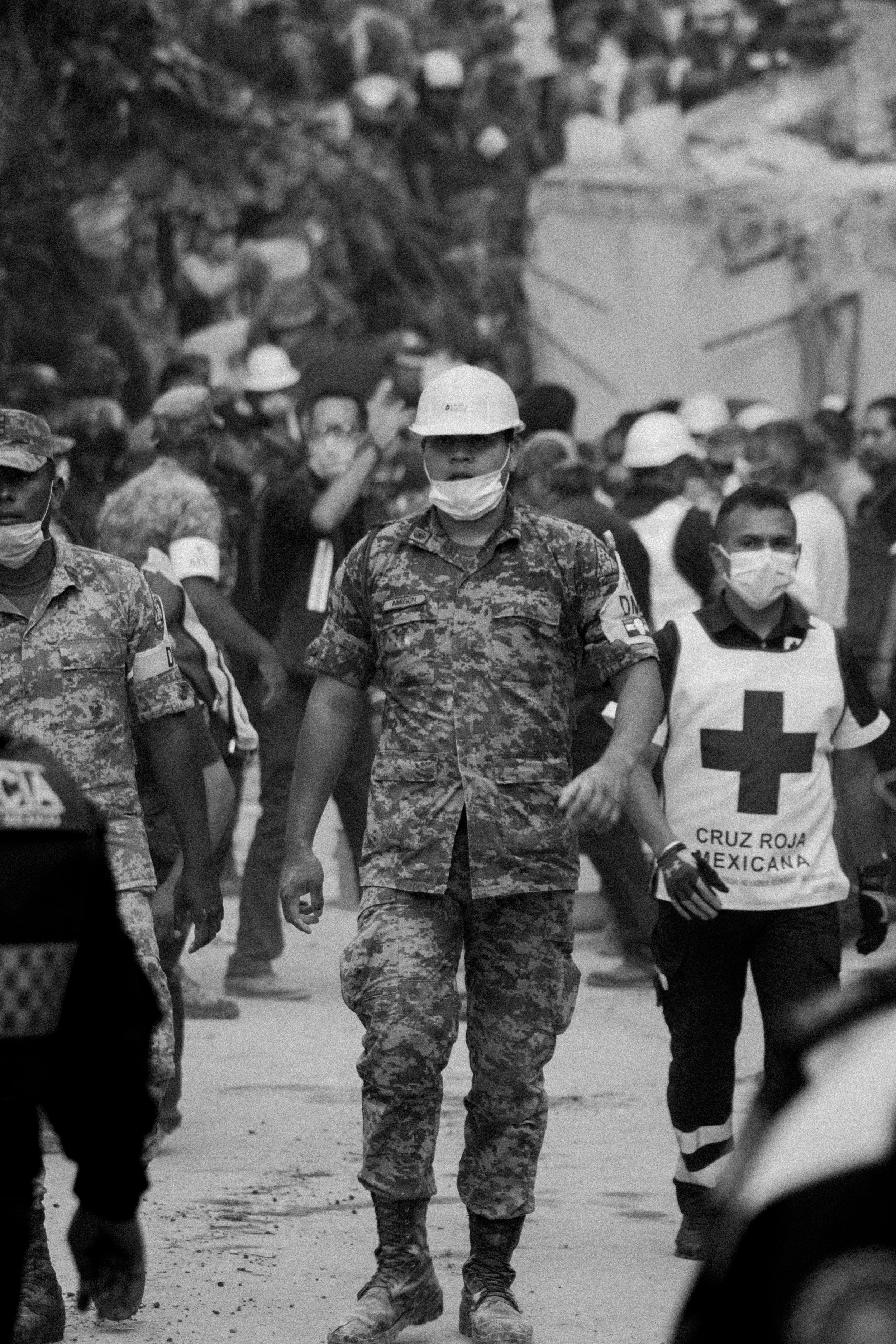I See A Disaster on the News, What Can I Do? (Includes Trauma-Healing Tools).
PRAY
GIVE
GO
DISCIPLE
Pray
but don’t stop there. Here are two reasons:
As you talk to God, listen too. God speaks all through scripture and through the Holy Spirit. God may lead you, as you listen to Him, to what your actions can be, who He might want you to call, someone you forgot you knew, an idea that hasn’t been done yet, etc. the possibilities are endless because God is the one talking.
Prayer naturally moves people into action. Be ready for what action steps people can take as God moves on their hearts as they increase their prayers.
Give
but with wisdom. Here are two avenues:
Relational before organizational. Do you know people there, or nearby who are responding? Give to where the distribution can happen through multiplying disciples and churches. This gives possibilities for trauma-healing, the gospel, and the long-term impact of multiplying disciples, churches, and sustainable solutions in the full journey of recovery, setting up for impact beyond the initial relief.
As Jesus said, “wise as serpents, harmless as doves” (Matt 10:16). The reality is that evil also wants to make the most of this opportunity for destruction, not just the good-intended folks. Also, good intentions can sometimes hurt while trying to help. Don’t believe everything on the internet about the crisis and the funds, use wisdom & research to filter who to give money to.
Go
but at the right time. Here are two possibilities:
Look for the neighbors from surrounding cities and nations that can respond faster, with near-culture language and customs, who you can partner with, from afar or in person. Many other people are also rushing in, make sure you can self-sustain rather than pulling resources away from those in need. Doing everything in the name of Jesus, as many religions are simultaneously swooping in, trying to win people to them through the supplies they give.
The shift from relief to recovery might be a sweet spot for you to have a tremendous impact on people’s lives during the crisis response without needing access to a mass amount of supplies. When outside supplies begin to dwindle or be removed, the emotions are often also shifting from shock, anger, and denial to no hope among the timeline of average processing lengths. Recovery is often a longer phase than relief, and gives open doors to trauma-healing to gather people in small groups, disciple, and help rebuild physically, emotionally, and spiritually, to recover God’s design.
Disciple
but trauma-informed. Here are two ways:
Paul said to Titus in Titus 3:14, “Our people must learn to devote themselves to doing what is good, in order to provide for urgent needs and not live unfruitful lives.” As disciples and churches, we were meant to learn how to respond to urgent needs. Paul says this is so that we don’t live “unfruitful” or “unproductive lives,” or other versions say, “so that our life doesn’t account for nothing.”
Discipleship is meant to be holistic, helping others follow Jesus physically, emotionally, and spiritually. To reflect that, it is important to walk with people through the trauma-healing journey and equip them to walk alongside others. Learning to listen well to one another can be one of the most helpful skills in this process. To learn more, check out these simple bookmarks that give an overview of the training, and are meant as reminders for folks who have been equipped in Healing Hope groups, using the 3/3rds discipleship pattern and discovery bible study. Contact us with questions or to learn more.
Further Resources:
TRAUMA HEALING TRAINING GUIDE (pdf)
Trauma Healing Bookmark (pdf)
Gathering Groups to Win (pdf)
Giving to Funding for Movements (pdf)
(Curtis Sergeant Talk Outline)










